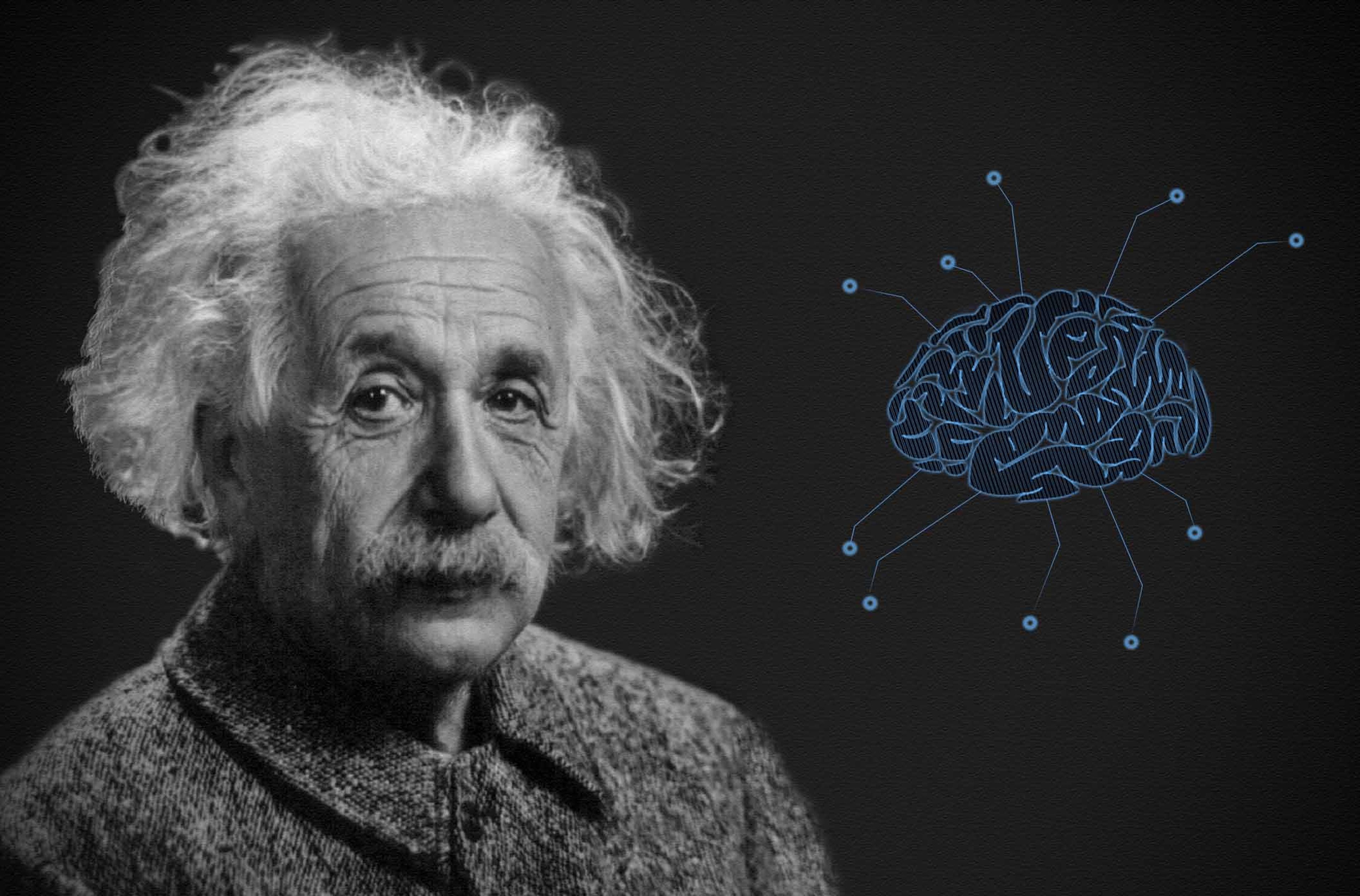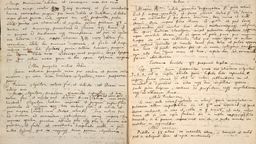Although our Universe seems to require a cosmological constant today, Einstein’s inclusion of this term was actually a big mistake.
Albert Einstein is by far one of the greatest geniuses in history, where his theories changed the understanding of the Universe and his work on the General Theory of Relativity is considered one of the greatest achievements of science.
Born in Germany on March 14, 1879, this physicist made other important discoveries in his scientific career, as well as important contributions in quantum physics and statistical mechanics. In the same way, he shared the keys to happiness and even the dream trick to boost creative thinking.
However, even geniuses can make mistakes, and Einstein was no exception. And a clear example is when he published his General Theory of Relativity in 1915, where he included an additional term in his field equations called a cosmological constant.
This term represented a constant and non-zero energy density that persists everywhere., was included by the scientist to keep the Universe static and prevent its collapse. But when this constant was applied in his theory to the Universe as a whole, he ran into a big problem.
The mistake of Albert Einstein’s cosmological constant

According to his equations, the Universe should be collapsing under its own gravity, but to avoid this, Einstein introduced a cosmological constant as an additional term.. This represented a repulsive force that counteracted the gravitational attraction and kept the static universe.
It is important to mention that at that time, it was believed that the Universe was completely static and eternal, and many other scientists of that time were influenced by this vision. However, decades later, it was discovered that space was not static, but rather expanding.
It is at this point that Einstein reconsidered his inclusion of a cosmological constant in his equations and eventually referred to it as his biggest mistake.. And the reason is not so much because of its original formulation, more because of its unwarranted, irrational and possibly even excessive response to valid criticisms and conflicting conclusions from others.
At the beginning of the 20th century, physics was experiencing challenges to the “Newtonian” image that had ruled for more than 200 years. Einstein was faced with the problem of explaining Mercury’s orbit, which challenged Newton’s predictions.
This led to the formulation of the General Theory of Relativity, which replaced Newton’s law of gravitation with a relationship between matter and energy that warps space-time. However, the German physicist made a mistake by publishing a version that included a cosmological constant, artificially adding an extra field to the Universe.
How could Albert Einstein have made such a big mistake?
To understand how the greatest and most important genius in history could make a mistake of great magnitude, we must focus on the limitations of science at that time. Everyone, absolutely everyone, believed that the Universe was static and an expansion was unthinkable.
General Relativity was built on three pillars: special relativity, Minkowski’s reformulation of space-time, and the equivalence principle. These ideas led Albert Einstein to conceive of gravity as the curvature of space and time induced by the presence of matter and energy.
Back then, it was not known if other galaxies existed beyond the Milky Way, so Einstein was faced with the contradiction that, according to his equations, a Universe filled with masses in a static distribution would collapse into a black hole. But it didn’t seem to be collapsing, and to avoid this contradiction, the physicist introduced the cosmological constant into the equations.
Einstein later admitted that this addition was unwarranted and his biggest mistake. The cosmological constant was necessary only to allow a quasi-static distribution of matter in the observed Universe, this implies that the imbalance of the state variables, responsible for the transformation, is infinitely small.
Despite his genius, Albert Einstein made a mistake by introducing the cosmological constant into his field equations of General Relativity. His attempt to keep the Universe static resulted in an unnecessary addition that was later regarded as his biggest mistake..
This is hard proof where we can learn that even the best scientists can be wrong and that constant review, as well as adaptation, is essential for the progress of science.
It is worth mentioning that the cosmological constant is still a topic of research and its inclusion in Einstein’s equations has led to important discoveries in the field of cosmology today.
This story of the ability to recognize and admit mistakes is an example of scientific humility, which teaches us the importance of self-criticism and the constant search for the truth. Likewise, it reminds us to be open to revision and correction of errors in all situations.













![[Img #74683]](https://thelatestnews.world/wp-content/uploads/2024/12/The-main-mistakes-to-avoid-when-betting-on-electronic-sports-300x200.jpg)
